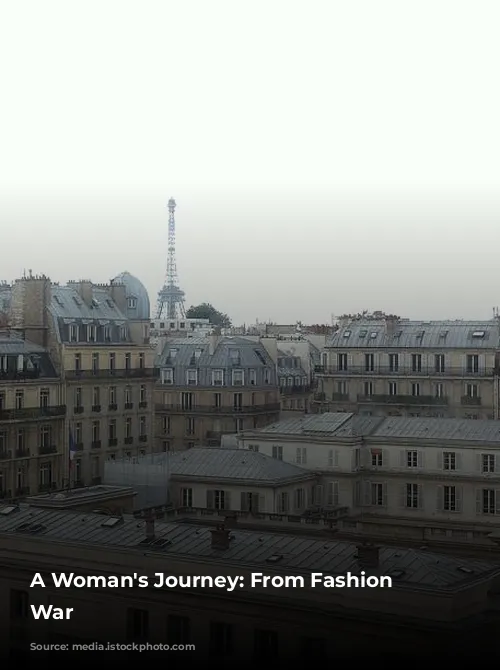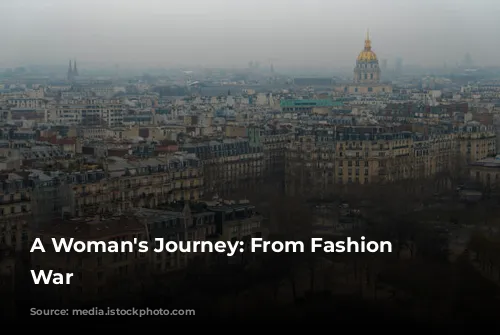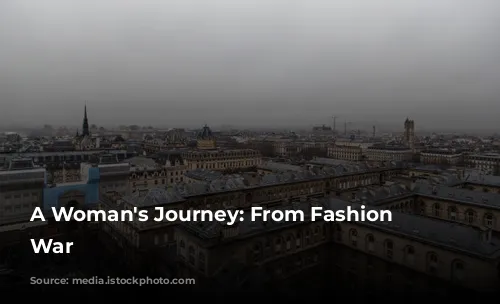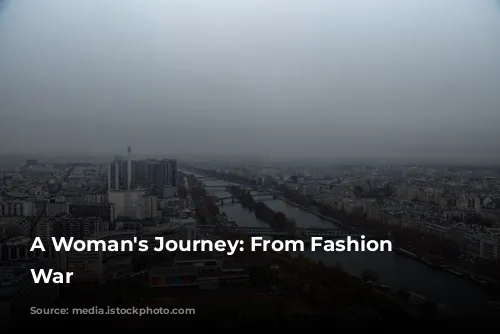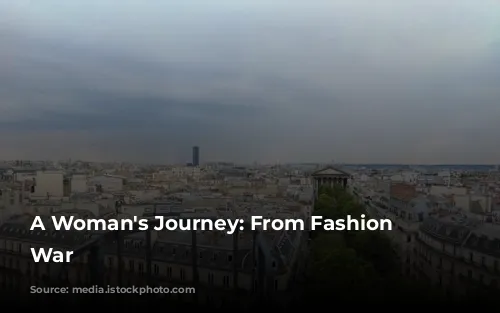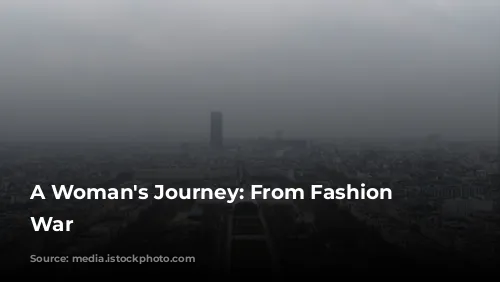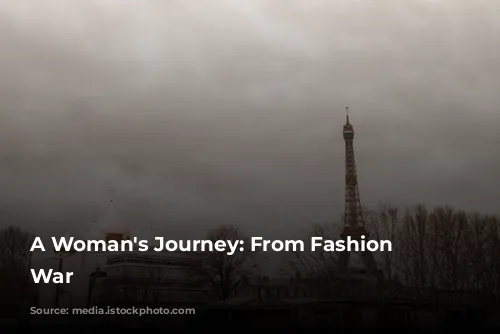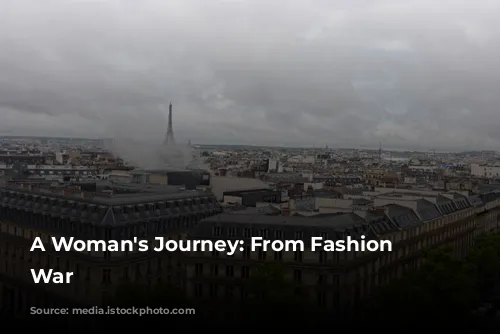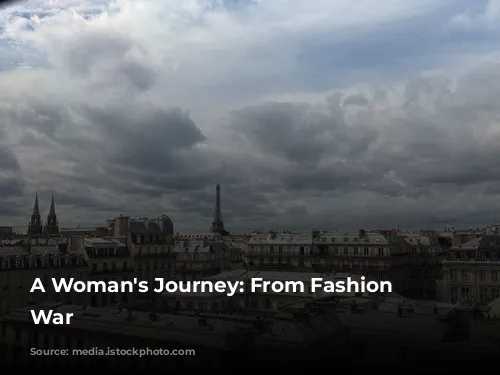On April 30th, 1945, Lee Miller, a celebrated fashion photographer for British Vogue, took a bath in Adolf Hitler’s bathtub. This wasn’t just a casual act; it was a powerful symbolic gesture. Miller, along with American soldiers, had just entered Hitler’s abandoned Munich apartment after the liberation of the Dachau concentration camp. The photo, captured by her lover, David Scherman, shows Miller immersed in the Führer’s luxurious tub, the dust from her boots staining his pristine bathmat. This image became a poignant representation of the war’s end, a stark contrast to the horrors Miller had witnessed at Dachau.
Miller’s journey to this moment was an extraordinary one. From her early days in Poughkeepsie, New York, where her father, an amateur photographer, captured her in provocative nude portraits, to her accidental encounter with Condé Nast, the publisher of Vogue, she became a star, gracing the magazine’s cover. She was a fashion icon, photographed by renowned artists like Edward Steichen, but eventually, she grew tired of the spotlight. Seeking artistic expression, she moved to Paris and apprenticed with Man Ray, becoming his muse and collaborator. This period shaped her artistic vision and introduced her to the world of surrealism.
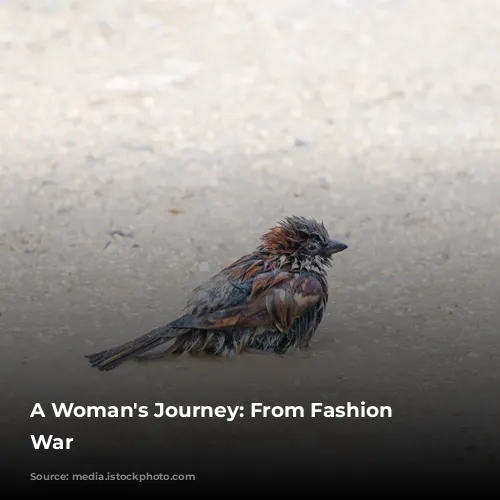
From Fashion Icon to War Correspondent
Fate, it seemed, had a different path in store for Miller. While she had established herself as a talented fashion photographer, documenting the horrors of the London Blitz ignited a desire within her to be closer to the war’s reality. In 1944, she was accredited as a war correspondent and sent to Normandy. Assigned to photograph an evacuation hospital near Omaha Beach, she soon found herself thrust into the heart of a siege in Saint-Malo, a turn of events that dramatically altered her trajectory.
From then on, Miller became Vogue’s front-line reporter, sending back not just photographs but powerful, unflinching dispatches. She captured the war’s devastation with an artist’s eye, creating images that were both moving and deeply disturbing. In Vienna, she photographed opera singer Irmgard Seefried singing amidst the ruins of a bombed-out opera house, and in Leipzig, she captured the tragic suicide of a high official’s daughter, a scene reminiscent of a Caravaggio painting. Miller observed that the love of death permeated the German psyche, even among those in positions of power.

Bearing Witness to the Holocaust’s Aftermath
In June 1945, Vogue published a collection of Miller’s photographs from Buchenwald, a stark contrast to the usual fashion spreads. Under the headline “BELIEVE IT,” the images, showing bodies piled like logs and a bloated SS guard dangling from a hook, were a visceral reminder of the Holocaust’s atrocities. Even for those who witnessed the horrors firsthand, it was difficult to grasp the unimaginable evils perpetrated against the Jews of Europe.
Miller, driven by a need to understand the depths of Hitler’s brutality, spent days meticulously exploring his Munich apartment, documenting his possessions, his monogrammed silver and table linens. She photographed an American soldier lounging on a daybed, studying a copy of “Mein Kampf,” creating a chilling juxtaposition. When news of Hitler’s death reached her, she wrote to her editor, “He’d never really been alive for me until today.” Visiting Hitler’s home, she found him “less fabulous and therefore more terrible,” realizing that even the “monster” possessed some human traits, “like an ape who embarrasses and humbles you with his gestures, mirroring yourself in caricature.”

The Lasting Impact of a Powerful Image
Scherman’s photograph of Miller in Hitler’s bathtub is not a glamorous one. She appears weary, tired from witnessing the horrors of Dachau, where she photographed piles of bodies, skeletal prisoners, and a lifeless SS guard. The bath, a symbol of cleansing, seems inadequate in the face of such profound suffering. The image is a powerful reminder of the enduring impact of war on the human spirit.
After the war, Miller struggled to cope with the trauma she had experienced. She withdrew into herself, drank heavily, and hid her war photographs away. It wasn’t until her son, Antony, discovered her archive after her death that the world understood the full extent of her wartime experiences.
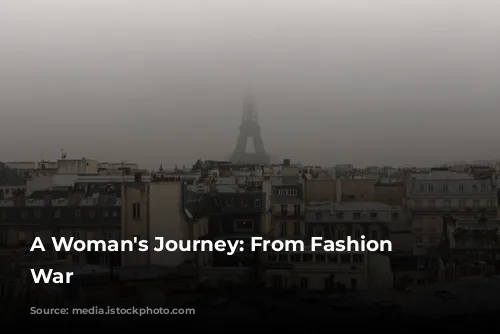
A New Chapter: Finding Solace in Culinary Delights
Miller’s final act, a testament to her resilience and love for life, was her immersion in the culinary arts. She became an avid cook, amassing a vast collection of cookbooks and winning culinary prizes. She hosted famous surrealist dinner parties, serving exotic dishes, often using silverware taken from Hitler’s mountain retreat, a subtle act of reclaiming his possessions. It was as if she was finding a new way to express her creativity and joy, a way to heal from the darkness she had witnessed.
Lee Miller’s story is one of courage, resilience, and artistic brilliance. Her life, a tapestry of contrasting experiences, is a testament to the human spirit’s ability to survive, to create, and to find beauty in the most unexpected of places. Her legacy reminds us of the enduring power of art and the importance of bearing witness to history’s darkest moments.
